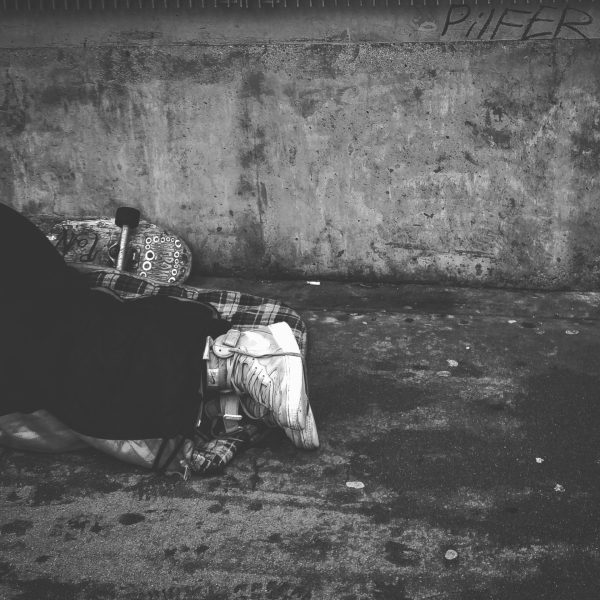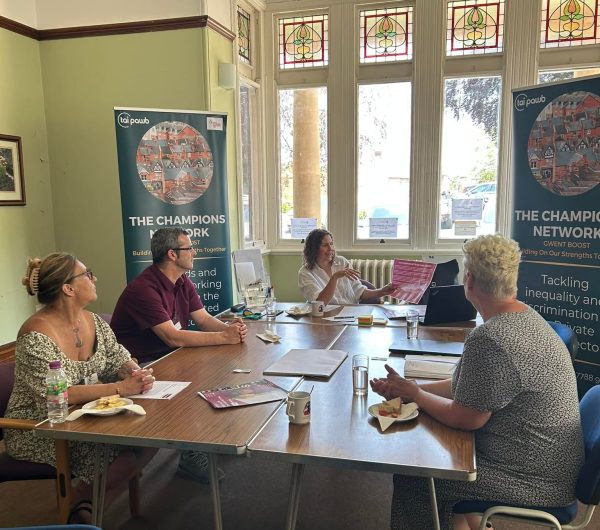The role of the private rented sector in ending homelessness
The PRS (private rented sector) is a steadily growing sector and one which now represents almost 20% of the entire housing market in Wales. Private renting is going nowhere soon. At its best, it is a flexible and safe housing option that benefits both tenant and landlord. Yet with thousands of possession actions each year, 9000 households threatened with homelessness in 2022 alone, and the highest number of landlords in the UK exiting the market, it is clear that Wales’ private rented sector is far from working at its best.

For tenants who cannot simply choose to leave the private rented sector, the prospect is nothing short of bleak. This report shows that people on the lowest incomes in Wales are looking at median rents equivalent to 37% of their income – and this is for the cheapest properties available. This is a far higher rent to income ratio than the agreed affordability threshold of 30%. In some parts of Wales, tenants in the PRS have more than a 25% chance of living in poor quality housing – a factor which contributes to a bill of £95 million for the NHS each year. And on top of that, entrenched structural inequalities mean that those with characteristics protected under the Equality Act are even more likely to live in unaffordable and poor quality housing.
How can we tip the balance away from renting as a place of fear and risk, towards a viable option for flexible, safe and suitable housing? How can those working with the PRS help to tackle the entrenched inequality, discrimination and poverty that are key factors leading to homelessness? All parties involved need to come together to make private renting part of the solution, not just part of the problem. In its 2021-26 Action Plan for Ending Homelessness, the Welsh Government recognises the role this sector will play:
“The private rented sector also has an important role to play. The Welsh Government Private Rented Sector leasing scheme will strengthen links between local authorities and private sector landlords providing pathways for homeless households into housing and offering financial stability and support for landlords who are able to make housing available to households nominated by the local authority. One of the key objectives of the scheme is to improve access to longer term, good quality accommodation for those at risk of homelessness or actually homeless.”
The Champions Network is privileged to be working with inspirational and courageous tenant and landlord representatives who are committed to equality and inclusion. Some have been involved with leasing or bond schemes and feel that more landlords should get on board with these; others have worked tirelessly to support their own tenants out of hardship and to remain in their homes.

Our work with Champions Network participants has uncovered a desire for better early help and prevention – if homelessness is going to be a rare occurrence in Wales, people need to be supported to stay in their homes and to keep their tenancies. This means addressing discrimination at source, helping people manage their lives when they are struggling, and enabling support services to work together effectively. It also means giving landlords as well as tenants the tools they need to do this. Go here for information about upcoming events, news and ways to take part in the Champions Network’s work.